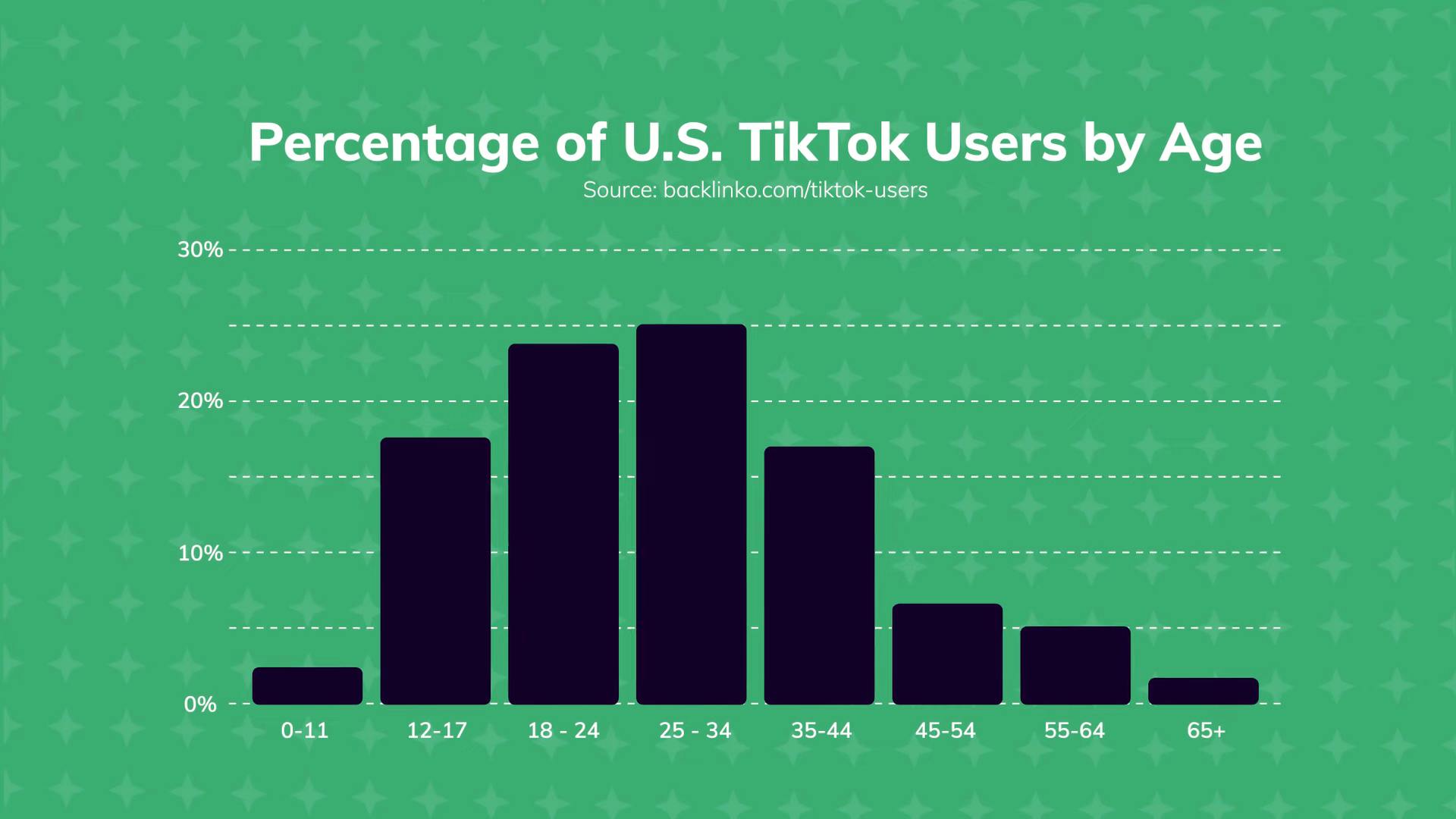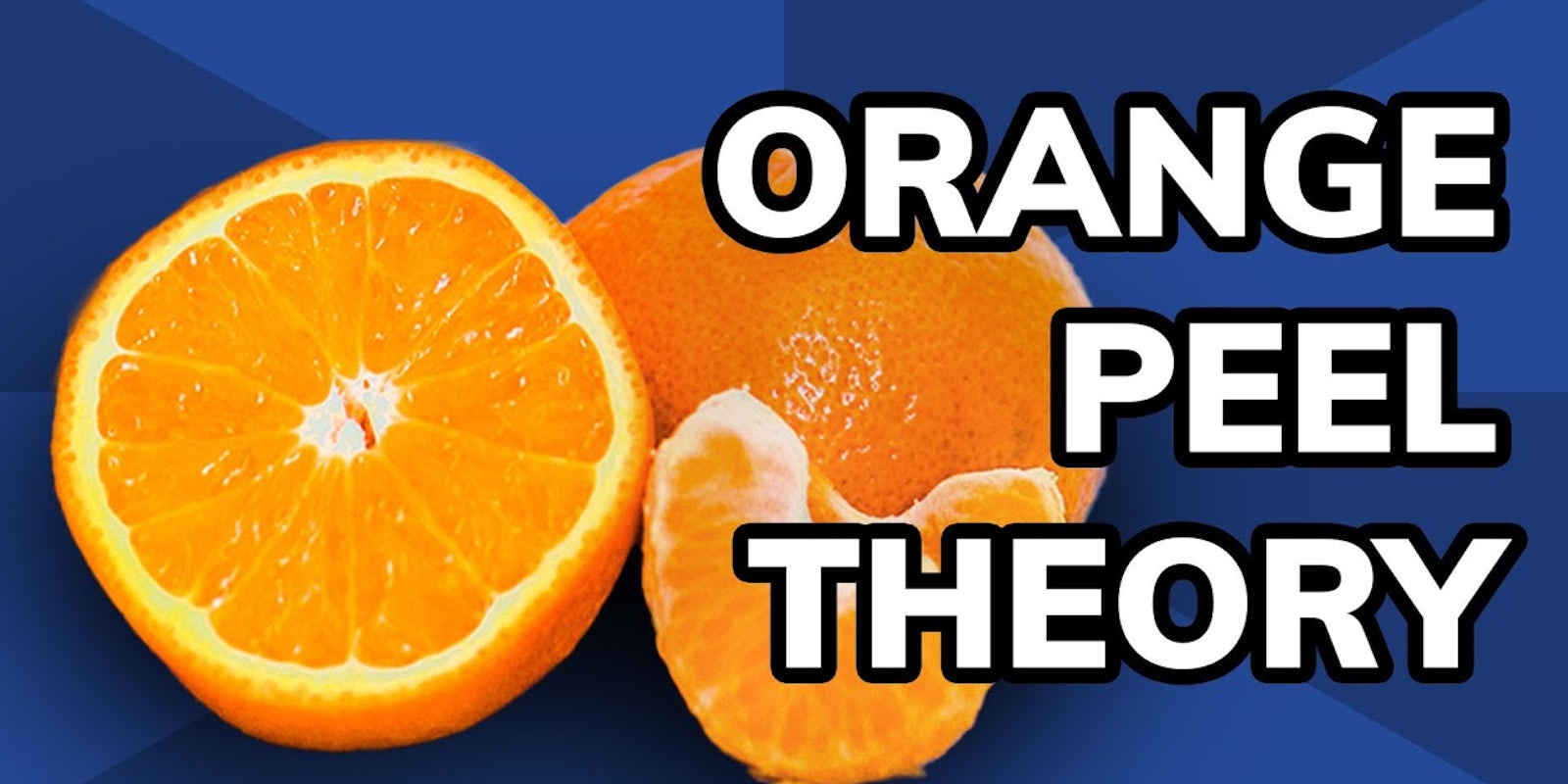Have you ever taken one of those relationship quizzes either in a magazine, or online somewhere?
Do you often peel oranges for your spouse or significant other?
If you’re already lost, then you’re not alone, but it may indicate that you haven’t been spending much time on TikTok lately.
In late 2023 an innocent text conversation between two exes was posted via screenshots to TikTok. “I miss when you would peel my oranges for me in the morning,” goes one of the most vulnerable lines. It was heartfelt, and relatable, and reacted to and unpacked in subsequent TikToks—including one by user @neanotmia about a week later.
Explaining that the orange exchange isn’t actually about oranges at all, and more about tiny acts of service, this video alone gained over 2.2 million plays in the first couple of months. It’s also the first known use of the term “orange peel theory.” Soon, similar breakdowns spread all over TikTok and X, alongside new videos of partners coyly testing out the theory on their significant others.
Like a digital-age “he loves me, he loves me not,” The premise is, “If my boyfriend peels an orange for me it means he’s committed to this relationship, and if he doesn’t, he isn’t.”
In a lot of ways, this actually is the perfect trend for TikTok. It’s easy to record on your phone, and it’s highly relevant to those in their prime dating years who also make up the majority of the app’s users. It keeps engagement on the posts relatively high because a viewer needs to watch the whole video in order to see the outcome, and ends on an easy-to-manufacture emotional note keeping the viewer coming back for more.

Eventually, orange peel theory videos expanded to encompass a new trend where other users will post about the ways in which their wonderful partners do small acts of service for them. Including, for example, a baker whose boyfriend surprised her with two containers—one full of egg whites and the other full of yolks. He knew that separating them was a challenging task for her.
In that idiom, it’s an unequivocally sweet, cute trend. But as for the theory itself, a lot of people actually take issue with it.
In the same way that the big deal about peeling an orange actually has nothing to do with citrus, detractors point out that applying tests to a relationship can actually be a bad thing—because it can actually make people feel more insecure.
Tests like these are not inherently invalid, but most experts agree that relationships are big, complicated things, and if your goal is to see if one is working, the orange peel theory is almost certainly an oversimplification.
And much of the internet gets that. Which means that the reaction online, sometimes very sweet, and sometimes a little more tart, are worth taking a look at for their own sake.
So, the orange peel theory: Is it fun? Totally. And it might be a great way to start communicating more and better. But it’s important to remember that social media is designed to get you riled up, so you stay on the platform longer. And committed, monogamous relationships are complex.
If your boyfriend didn’t peel the orange for you, maybe that’s a deal breaker for you, but it might not necessarily be the end of the world—you could have just asked.
For more Meme History, watch this space and subscribe to our YouTube channel to watch new episodes as they become available.


